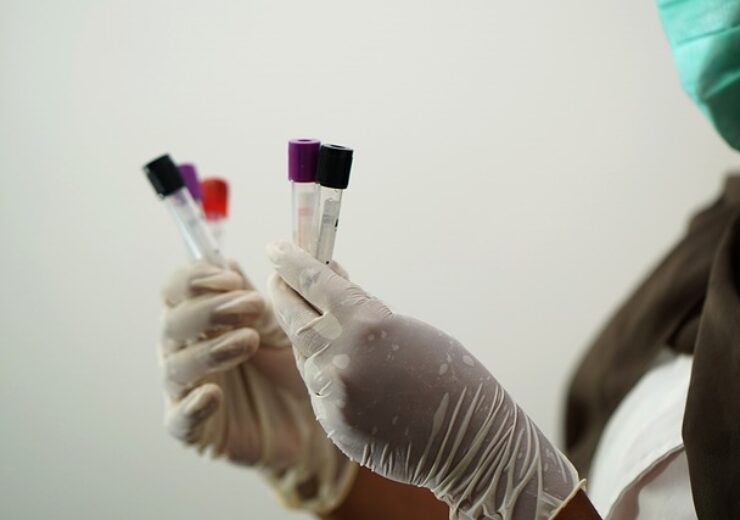The Japanese drugmaker intends to complete the clinical and regulatory activities required to resume dosing in the FORTIS clinical trial that evaluates the safety, tolerability, and efficacy of AT845 for late-onset Pompe disease (LOPD)

Astellas to continue FORTIS clinical trial. (Credit: Shameer Pk from Pixabay)
Japanese pharmaceutical company Astellas announced that the US Food and Drug Administration (FDA) has lifted the clinical hold on its Phase 1/2 FORTIS clinical trial.
The clinical study evaluates the safety, tolerability, and efficacy of AT845, Astellas’ investigational adeno-associated virus (AAV) therapy for late-onset Pompe disease (LOPD).
In June last year, FDA placed a clinical hold on the Phase 1/2 FORTIS trial, after peripheral sensory neuropathy was observed in one of the participants.
With the lift of the clinical hold, the Japanese drugmaker intends to complete the clinical and regulatory activities required to resume dosing in the FORTIS clinical trial.
Astellas said that the current update in the FORTIS clinical trial will have no impact on financial forecasts for the current fiscal year ending 31 March 2023.
Astellas executive medical director Ha Tran said: “With that same spirit and focus on patient safety, we look forward to resuming the FORTIS clinical trial and the continued development of AT845 as an important potential new treatment for adults living with LOPD.
“As always, we are grateful to the patients participating in the FORTIS clinical trial and we remain committed to developing novel therapies for those with a high unmet medical need.”
Pompe disease is a rare, severe, autosomal recessive metabolic disease, whose symptoms include progressive muscular degeneration.
It is caused by mutations in the acid alpha-glucosidase (GAA) gene, which prevents the production and function of a protein called acid alpha-glucosidase (GAA).
Astellas said that its AT845 is a novel gene replacement therapy that leverages an AAV8 vector to deliver a functional copy of the GAA gene to treat adult LOPD.
The Phase 1/2 FORTIS trial was put on hold because peripheral sensory neuropathy is a serious adverse event (SAE), and has been classified as Grade 1 by the site investigator.
Astellas gene therapies clinical development senior medical director Weston Miller then said: “Patient safety is our top priority, and we are working closely with the FDA to determine appropriate next steps.
“We remain committed to the safe and effective development of AT845 and will keep the scientific and patient communities informed with updates as we learn more.”
